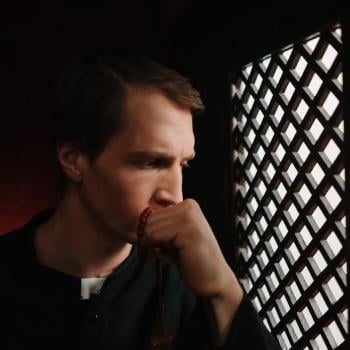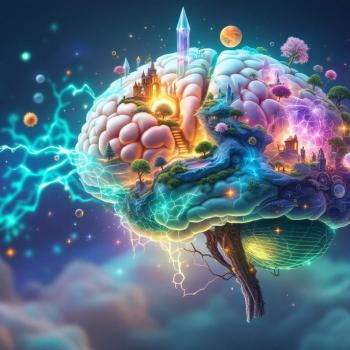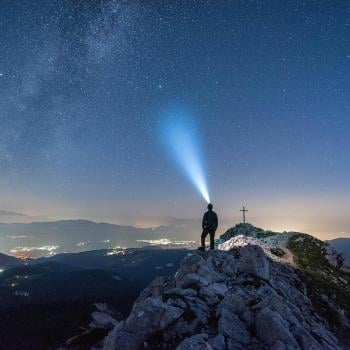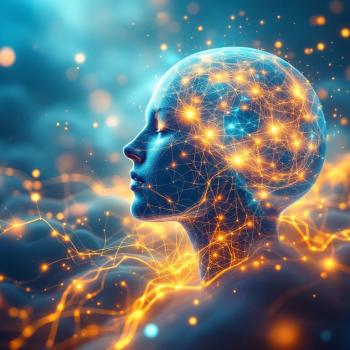Clergy face challenges in an era of division and secularization. Clergy burnout is real, and many former clergy are NOT coming back. Some of my best friends are current or former clergy. Generally, they are compassionate and wise. They like to consider the big questions and to help others to consider the big questions. More importantly, they are willing to accompany others through the highs and lows of their lives. They include births and deaths, marriages and divorces, prosperity and... Read more

















